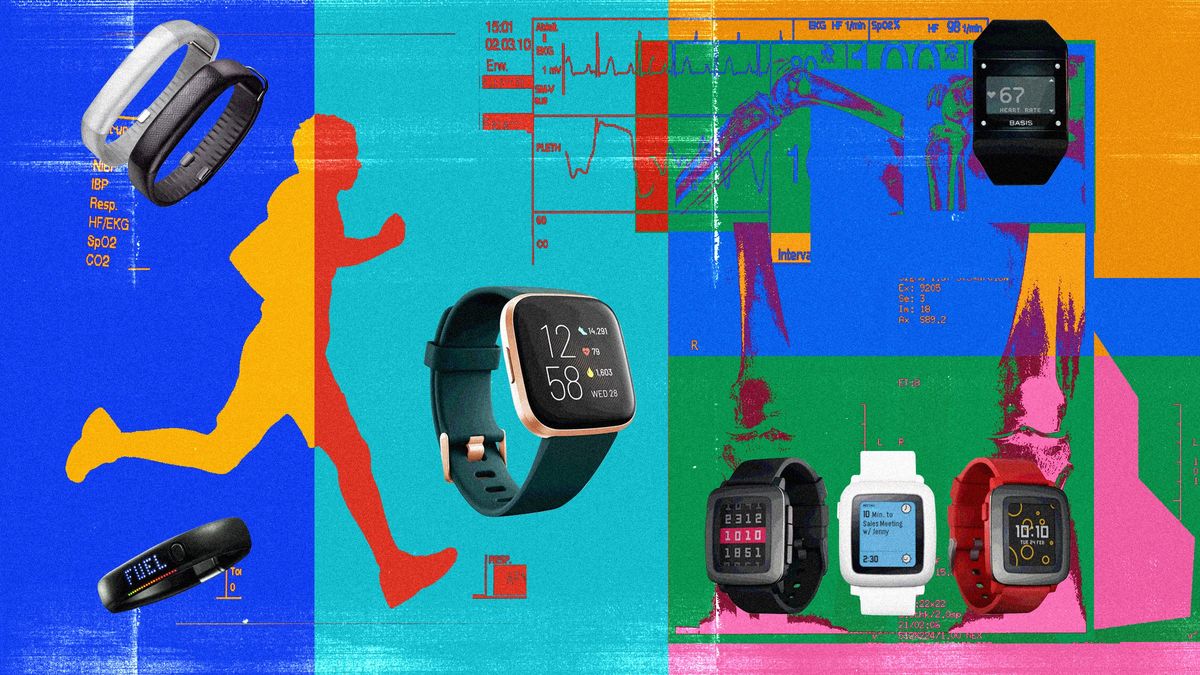Google taps into the wearables market with $2.1 billion Fitbit acquisition

A few minutes every morning is all you need.
Stay up to date on the world's Headlines and Human Stories. It's fun, it's factual, it's fluff-free.
Google’s parent company Alphabet Inc announced on November 1 that it would buy Fitbit Inc. for $2.1 billion. The deal is likely to be finalized in 2020.
Rick Osterloh, Google’s Senior Vice President of Devices and Services, said in the company’s blog that this is an opportunity for Google to introduce its own wearable devices and invest more in digital health. Reuters reported that the purchase would also give Google access to the health data of 28 million active Fitbit users around the world.
Fitbit sells smartwatches that double as fitness trackers – these track a person’s steps, sleep patterns, heart rate, and other health data. Users can also log their meals, water intake, periods, and more in the linked Fitbit app.
Google’s break into the wearables market
Industry-wide smartwatch sales are predicted to double to $34 billion by 2023, and Google is eager to tap into this market.
Before the acquisition of Fitbit, Google has made substantial investments in developing its wearable products. Earlier this year, Google spent $40 million to acquire smartwatch technology and personnel from Fossil Group’s research and development team.
TechRadar says that a big reason for Google’s decision is to help the company introduce its own smartwatch. In the past, Google has focused on software to house its smartwatch operating system (OS). However, in recent years, Google has branched out to more diverse partners that include hardware producers like Fossil and Mont Blanc, to pave the way for building a Google smartwatch.
Fitbit’s technical expertise can help Google build wearable products that compete with the company’s most prominent tech rivals – Apple Watch and Xiaomi’s Mi watch. In the fourth quarter of 2018, the market research firm International Data Corp reported that Apple leads the global wearables market with a 27.4% market share, followed by Xiaomi and Huawei. Fitbit currently ranks 4th, with a 9.4% market share.
[article_ad]
Fitbit offers healthcare tech expertise
The acquisition of Fitbit gives Google access to the health data of millions of Fitbit users, as well as the company’s expertise in the healthcare tech industry.
Since Fitbit was founded in 2007, the company has been working with insurance companies, healthcare firms, and even the government of Singapore. Most recently, in October, Fitbit announced a collaboration with the Bristol-Myers Squibb-Pfizer Alliance to introduce early detection of irregular heartbeats on its devices. During an interview with TIME Magazine, Fitbit CEO James Park said that relationships are key in establishing success in the healthcare world.
“The healthcare system is incredibly complex, and it takes working with a lot of different big players to have a big impact," Park shared. “And, you know, our goal is to make this stuff that we’re working on available and accessible to as many people around the world. And we can only do that by working with the largest players in healthcare."
Google’s strategic purchase of Fitbit will not only acquire the company’s hardware, software, and distribution channels but also their influential relationships in the healthcare industry, Gartner senior analyst Alan Antin told TIME Magazine.
“[Healthcare partnerships] are ones you can’t get into quickly," Antin said. “To me, that’s where they saw the bigger value."
Users’ health data and privacy concerns
The $2.1 billion deal raises concerns regarding the transfer and usage of health data logged by Fitbit’s 28 million active users, according to Wired Magazine. Both companies have addressed the issue in their announcement of the deal.
“Fitbit will continue to put users in control of their data and will remain transparent about the data it collects and why," Fitbit says in its press release “The company never sells personal information, and Fitbit health and wellness data will not be used for Google ads."
Osterloh’s Google blog post also echoed the same message. “Similar to our other products, with wearables, we will be transparent about the data we collect and why. We will never sell personal information to anyone," he wrote. “We will give Fitbit users the choice to review, move, or delete their data."
However, Fitbit does not only collect health and wellness data, but it also collects location data and users’ personal information. It is unclear how these types of data will be treated after the acquisition is finalized. Fitbit’s privacy policy currently states that Fitbit will “give affected users notice before transferring any personal information to a new entity."
In the past, Fitbit’s practice has raised privacy concerns. In 2011, the company was under fire after the statistics of Fitbit users’ sexual activities were found to be publicly accessible online.
Meanwhile, Fitbit users are concerned. The phrase “delete Fitbit data" is among the top 2 Google search terms within the past week, and the Verge’s “How to delete Fitbit data" is among the first search results.
[article_ad]




Comments ()